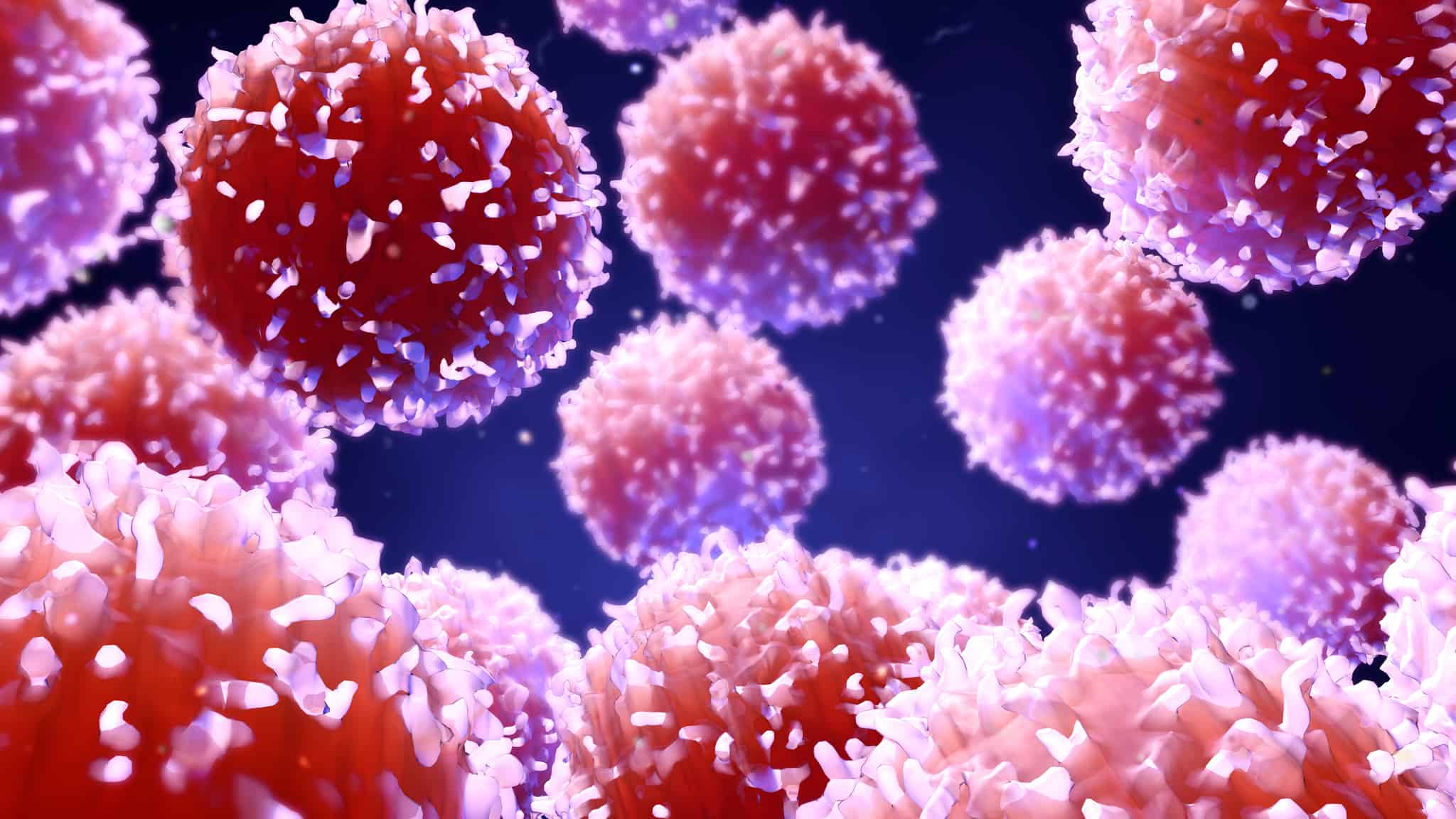UAMS First Hospital in Arkansas Approved to Provide Breakthrough CAR T-Cell Therapy for Non-Hodgkin Lymphoma
| LITTLE ROCK – The University of Arkansas for Medical Sciences (UAMS) is the first and only hospital in Arkansas approved to provide a revolutionary new therapy for certain types of non-Hodgkin lymphoma.
Chimeric antigen receptor (CAR) T-cell therapy uses new technology to genetically modify a patient’s own T cells, enabling them to seek and destroy cancer cells. T cells are a type of white blood cell integral to the immune system.
“We are able to bring this novel therapy to UAMS patients due to a high level of commitment by university-wide leadership at UAMS and the Winthrop P. Rockefeller Cancer Institute, along with the untiring efforts by our quality management team and clinical team. This was truly a team effort of which Arkansans can now reap the benefits,” said Muthu Veeraputhiran, M.D., director of the UAMS Stem Cell Transplantation and Cellular Therapy Program and associate professor in the UAMS College of Medicine Division of Hematology Oncology.
The therapy, which is named Yescarta, was approved by the FDA in 2017 for patients with relapsed, aggressive non-Hodgkin lymphoma for whom at least two other types of treatment have failed. Yescarta has been shown in clinical trials to help 51% of patients achieve complete remission.
Only 84 facilities in the United States are approved to offer Yescarta, with UAMS as the only in Arkansas. Prior to the development of this immunotherapy, patients with aggressive non-Hodgkin lymphoma could reach a point in their treatment where there were no other options available. Now, many of these late-stage patients are experiencing remarkable and promising results.
“CAR T-cell therapy is different than either stem cell transplants or chemotherapy, which are the first line of defense against blood cancers. This new, innovative approach actually programs the immune system to attack cancer and offers patients with aggressive disease new hope,” said Appalanaidu Sasapu, M.D., CAR T-cell immunotherapy program lead and assistant professor in the UAMS College of Medicine Division of Hematology Oncology.
This is how it works:
- The patient’s T cells are extracted using a process known as apheresis. During this process, the blood is drawn from the patient and entered into a machine that separates its components, including the T cells.
- The T cells are sent to a lab where they are genetically modified using a virus that causes them to produce chimeric antigen receptors (CAR), which have the ability to detect and kill cancer cells.
- While the T cells are being altered, the patient undergoes chemotherapy. After nine days, the re-engineered T cells are reintroduced into the patient’s bloodstream, and within one week they begin attacking the cancer.
While CAR T-cell therapy is life-saving for many people, it is not effective for everyone. Most patients also experience side effects that may be severe and include flu-like symptoms.
Along with Veeraputhiran and Sasapu, hematologist oncologist Akash Mukherjee, M.D., also specializes in CAR T-cell therapy. Mukherjee joined the UAMS Stem Cell Transplantation and Cellular Therapy program in July 2019, bringing expertise from MD Anderson Cancer Center in Houston.
In addition to certain types of aggressive non-Hodgkin lymphoma, CAR T-cell therapy also is approved for the treatment of relapsed acute lymphoblastic leukemia in pediatric and young adult patients. Clinical trials are ongoing in solid tumors and other blood cancers, including multiple myeloma.
“CAR T-cell therapy in an important new method of treatment, which will likely improve outcomes in many cancers, and it especially offers hope for those with aggressive, relapsed disease,” said Frits van Rhee, M.D., Ph.D., director of the UAMS Myeloma Center and professor of medicine in the UAMS College of Medicine.
The UAMS transplant program is accredited by the Foundation for the Accreditation of Cellular Therapy and was recently recognized as an Optum Center of Excellence by insurance companies as meeting the highest quality standards and clinical outcomes based on an annual outcome report by the Center for International Blood and Marrow Transplant Research.
“This recognition shows our commitment in bringing novel and advanced therapies to Arkansans right at their doorstep,” Veeraputhiran said.
UAMS is the state’s only health sciences university, with colleges of Medicine, Nursing, Pharmacy, Health Professions and Public Health; a graduate school; a hospital; a main campus in Little Rock; a Northwest Arkansas regional campus in Fayetteville; a statewide network of regional campuses; and eight institutes: the Winthrop P. Rockefeller Cancer Institute, Jackson T. Stephens Spine & Neurosciences Institute, Harvey & Bernice Jones Eye Institute, Psychiatric Research Institute, Donald W. Reynolds Institute on Aging, Translational Research Institute, Institute for Digital Health & Innovation and the Institute for Community Health Innovation. UAMS includes UAMS Health, a statewide health system that encompasses all of UAMS’ clinical enterprise. UAMS is the only adult Level 1 trauma center in the state. UAMS has 3,485 students, 915 medical residents and fellows, and seven dental residents. It is the state’s largest public employer with more than 11,000 employees, including 1,200 physicians who provide care to patients at UAMS, its regional campuses, Arkansas Children’s, the VA Medical Center and Baptist Health. Visit www.uams.edu or uamshealth.com. Find us on Facebook, X (formerly Twitter), YouTube or Instagram.###
